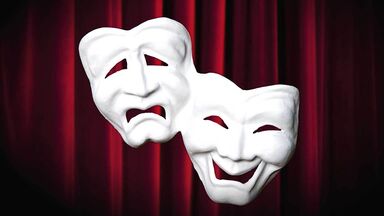These three men, and another opponent, Robert Moss, dean of Ely, were deprived of their royal chaplaincies.
In 1834 he became a fellow of Trinity, in 1853 professor of Greek (to which a canonry in Ely Cathedral was then for the first time attached), and in 1866 master of his college.
With the exception of the year 1836, when he acted as headmaster of a newly established school in Leicester, his life was divided between Cambridge and Ely.
If it be true, as Bishop Alcock of Ely affirms, that Lydgate wrote a poem on the loss of France and Gascony, it seems necessary to suppose that he lived two years longer, and thus indications point to the year 1451, or thereabouts, as the date of his death.
In 1479, after receiving a number of minor ecclesiastical promotions, he was elected Bishop of Ely.




